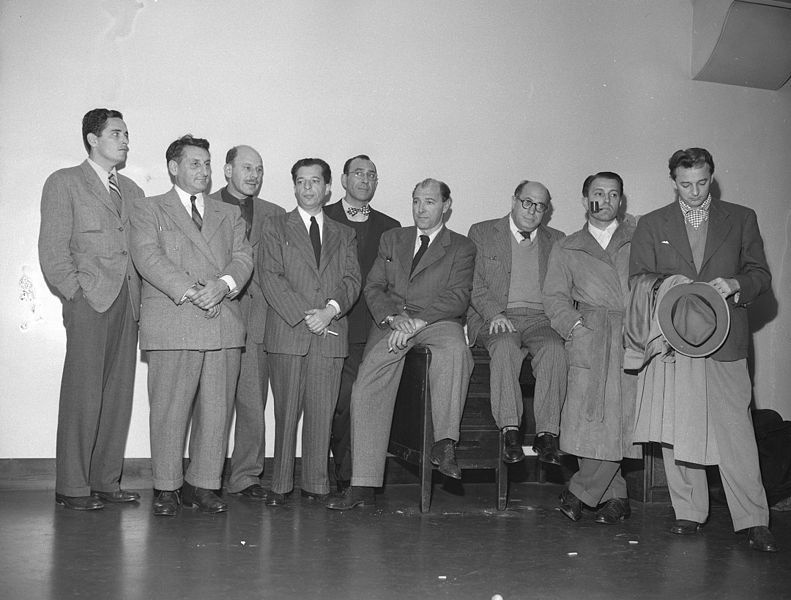Time-Saving Research Tips

If you’re still figuring out online classes, or trying to do your own research while homeschooling your kids, or any number of juggling acts many of us are faced with right now, you may be wondering how to maximize your time. Here are four resources to help streamline your research!
1) Academic Search Premier is a familiar EBSCO database, perfect for starting a search for a wide variety of topics. However, it’s only one of 36 EBSCO databases that have different information related to more specific disciplines, and you can search them all at once (or whichever ones you select)! Watch this 49-second video or read the step-by-step directions to see how.
2) Use these search strategies to save time and avoid multiple searches:
- Put quotation marks around common phrases. Searching for social media will find those words anywhere (like an article saying “the social gathering was covered by local media,” which isn’t related to your topic). Searching for “social media” will only find where those words are in that order.
- Use OR to search for synonyms and related words. For example, instead of:
-
- Search 1: education and facebook
- Search 2: education and twitter
- Search 3: education and “social media”
- Try searching for: education and (facebook OR twitter OR “social media”). You can add as many words as you want, just make sure to connect them with OR and put parentheses around the whole thing.
-
- Truncate words with an asterisk after the “root” part of the word. Searching for educat* finds education, educating, educator, and educated with one search!
- Find more examples here.
3) Scholarly articles (also called academic/peer-reviewed articles) can be tricky and time-consuming to read, especially if you’re not familiar with the discipline or don’t have lots of practice. To get an initial overview and make sure an article is helpful for your research:
- Read the abstract (summary). Still interested?
- Read the introduction and conclusion (not how you typically read things, I know!) Does this article help your research? If so…
- Skim the body of the paper, including the research methodology. Skim the discussion.
- If this is an article you want to use, now it’s time to read more in-depth! Find more strategies for reading and understanding scholarly articles here.
4) Ask a librarian! Sometimes the best strategy is knowing when to ask for help. If you’ve been researching and trying different things for over half an hour with no real results, check in with a librarian. The best ways to contact us these days are 24/7 online chat or e-mail (but you can call and leave a message too).
Image: juggler CC BY sammydavisdog


